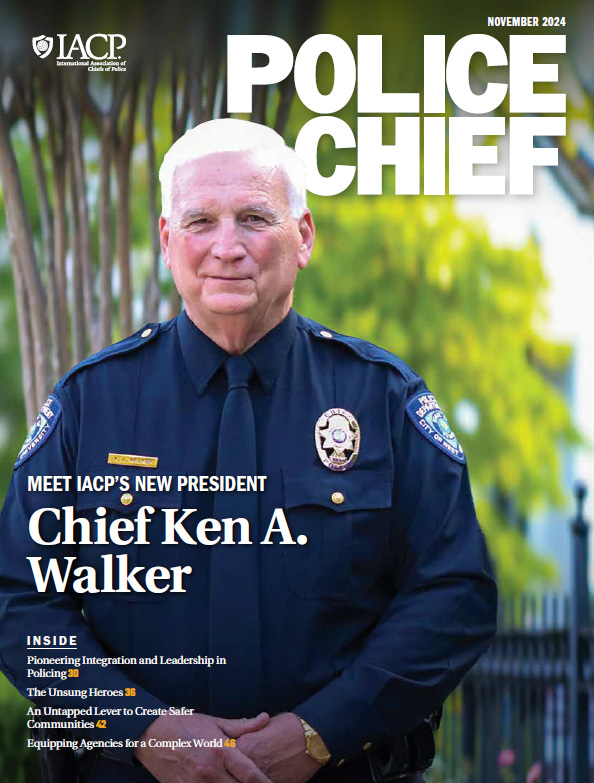As law enforcement officers, our duties require us to interact daily with a wide variety of individuals. Some are citizens seeking our assistance; others are criminals we want to apprehend; still others are individuals who are engaged in behavior that might not be illegal but is troublesome or potentially harmful to themselves or others. How we as a profession respond to each of these situations is critical to our success in ensuring the safety of our communities and the citizens we serve.
This is never truer than when law enforcement officers interact with people, especially children, who are experiencing a mental health crisis. Because responding officers have a limited perspective on an individual’s health status, they are often placed in situations that can lead to terrible tragedy.



